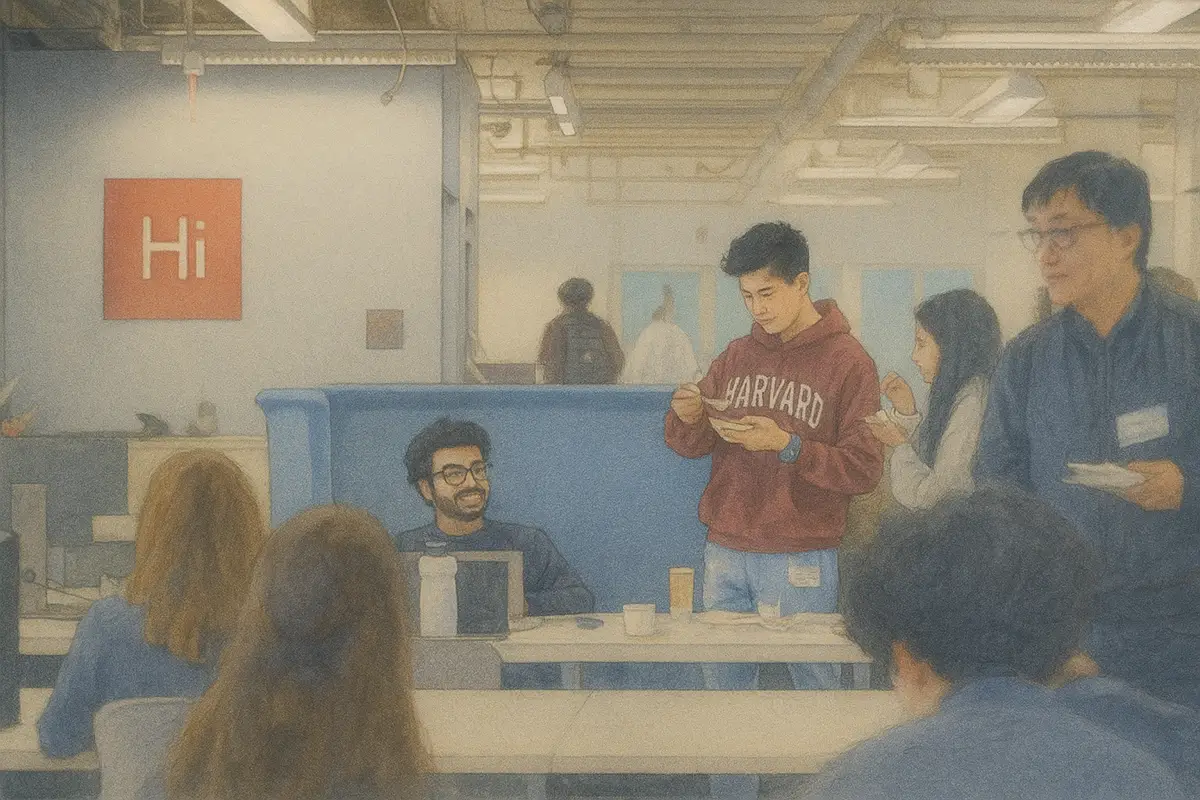
This year’s NASDVA annual training took place in Cheyenne, Wyoming—against the wide-open skies and great plains of the American West. One evening, participants gathered at the Terry Bison Ranch, where we boarded a train to learn about Wyoming’s history and geography—and, of course, to feed the bison themselves. That mix of history, community, and shared experience mirrored the themes of the week: grounding in the past, connection in the present, and building for the future.
At Civic Roundtable, we’re proud to partner with states and service organizations that are building stronger systems for veterans—whether that means coordinating care, streamlining benefits, or preserving institutional memory as leadership transitions. Here are three themes that surfaced throughout the week.
Veteran services don’t stop at state lines. From health care and housing to workforce programs, state directors emphasized the importance of cross-state coordination and alignment with national partners. The most promising efforts are those that combine local innovation with regional collaboration and federal support—ensuring that programs are scalable, sustainable, and responsive to veterans’ diverse needs. Yet, stitching together these layers of government remains a challenge. Tools that make collaboration easier and more consistent are increasingly recognized as a necessity, not a luxury.
Many sessions focused on modernization—whether digitizing records, improving case management, or streamlining benefits delivery. But leaders were clear: modernization can’t just be about upgrading systems; it must be about improving the veteran experience. That means designing technology and policies with accessibility in mind, reducing administrative burdens, and ensuring that veterans feel seen and supported rather than lost in bureaucracy. The opportunity is to pair new tools with a mindset of empathy and responsiveness.
Like many public service fields, veterans’ services face high turnover and leadership transitions. Conference conversations underscored the risk of losing hard-won knowledge as experienced leaders retire or rotate out. The question on everyone’s mind: how do we preserve institutional memory so that new directors and staff can build on—not start over from—the work that came before? Investing in systems that capture local context, share lessons learned, and connect peers across states will be key to sustaining progress over the long term.
The NASDVA training highlighted both the complexity of serving veterans and the collective commitment to doing better by them. Progress will depend on stronger connections across states and sectors, more human-centered approaches to modernization, and intentional strategies to preserve and share institutional knowledge.
At Civic Roundtable, we’re honored to support this work—helping leaders and organizations coordinate more effectively, engage more meaningfully, and sustain their impact for the veterans they serve.

Subscribe to our blog today for Roundtable news and product announcements, straight to your inbox.